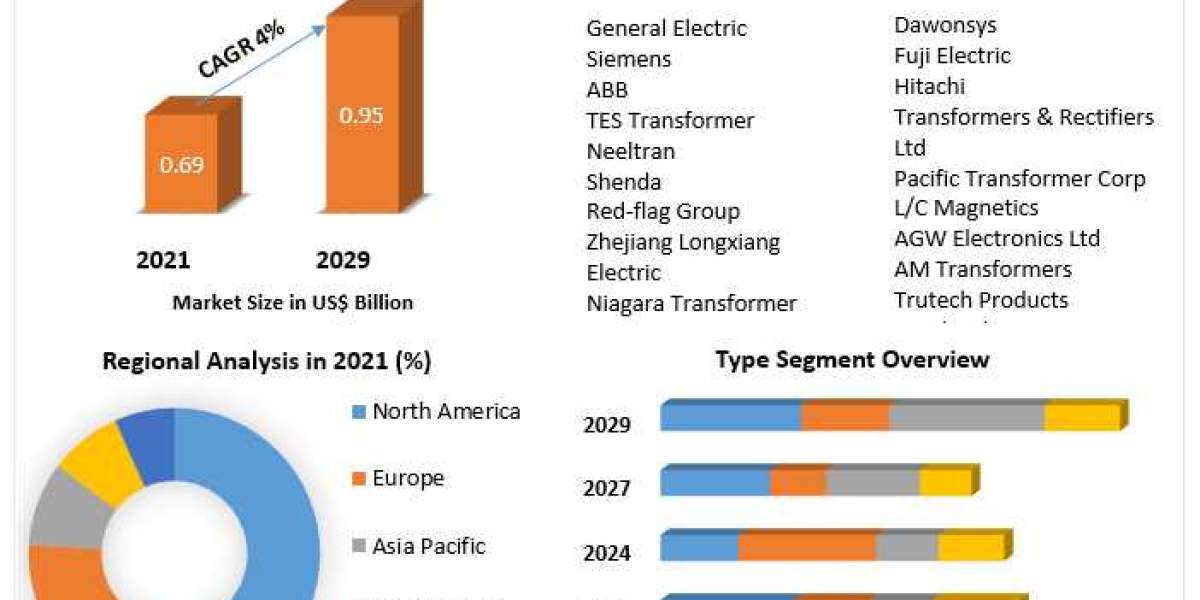As you approach the age of 65, a new chapter of life begins, and with it comes changes in various aspects, including your health insurance. Understanding how your health insurance evolves at age 65 is essential for ensuring you have the coverage and support you need as you continue to age gracefully. Let's explore the key changes and considerations that come with reaching this milestone.
Considering Medigap Coverage
While Medicare provides significant coverage, it may not cover all of your medical expenses. That's where Medigap comes in. Medigap, also known as Medicare Supplement Insurance, is a type of private insurance that can help fill the gaps in Medicare coverage. These plans help cover out-of-pocket costs such as deductibles, coinsurance, and copayments, giving you more comprehensive coverage and financial protection.
Understanding Enrollment Periods
Enrollment periods play a crucial role in transitioning to new health insurance coverage at age 65. The Initial Enrollment Period (IEP) for Medicare begins three months before your 65th birthday and lasts for seven months. It's important to enroll during this period to avoid potential late enrollment penalties or coverage gaps.
There are also Special Enrollment Periods (SEPs) that may apply to individuals who have employer-based coverage or certain other circumstances. It's essential to understand the specific enrollment periods and deadlines that apply to your situation to ensure a smooth transition to your new health insurance coverage.
Reviewing Your Coverage Needs
As you age gracefully, your health needs may change, and it's crucial to regularly review your coverage to ensure it aligns with your current needs. Consider factors such as prescription drug coverage, specialized care, and any new health conditions that may require additional coverage or specific providers. Taking the time to assess and adjust your health insurance coverage can help you maintain optimal healthcare support as you age.
Continuing Employer-Sponsored Coverage
If you continue working beyond the age of 65 and have employer-sponsored health insurance, you may have the option to keep your current coverage. In some cases, your employer's insurance may coordinate with Medicare. It's important to understand how your employer's coverage works with Medicare and whether it makes sense to maintain your employer-sponsored insurance or transition to Medicare as your primary coverage.
Seeking Expert Guidance
Understanding the evolving landscape of health insurance at age 65 can be complex. To navigate this transition smoothly, consider seeking guidance from experts in the field. Medicare counselors, insurance agents, or independent advisors can provide personalized assistance and help you make informed decisions based on your unique needs and circumstances.
Conclusion
Turning 65 is a significant milestone that brings new changes to your healthcare coverage. As you age gracefully, it's essential to understand how your health insurance evolves and what options are available. From Medicare Advantage plans to Medigap policies, there are many choices to help you maintain optimal health while keeping costs in check.
By doing your research and working with trusted advisors, you can make the most of this transition and enjoy peace of mind knowing that your healthcare needs are covered. So take charge of your health and explore the options available to you today!








